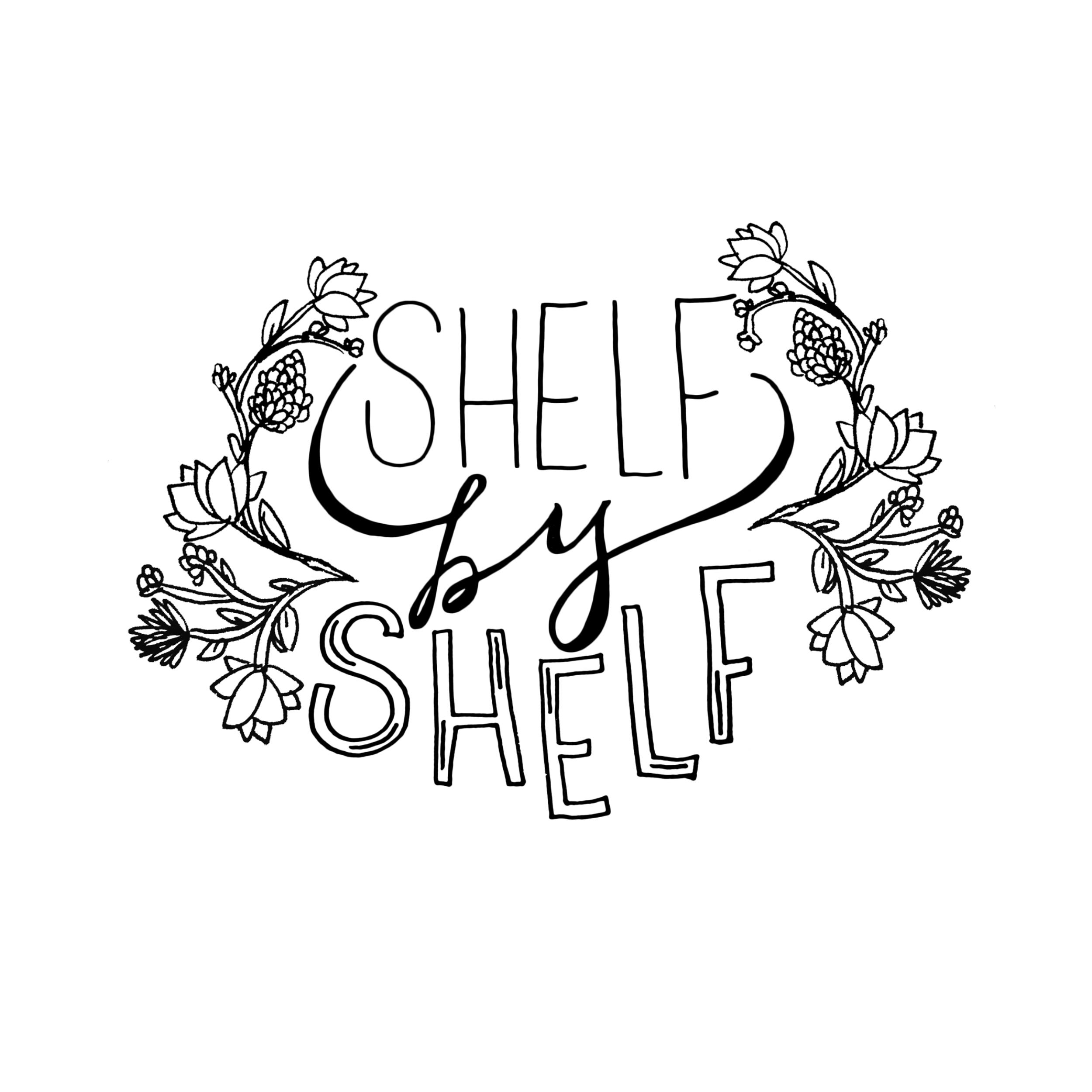There, There by Tommy Orange

The Short Review: Compelling, thoughtful, heavy. It's not an easy read, but it's important. Don't take it with you to the beach, but if you want to read something that gives you some perspective, this book offers a voice we don't hear enough of.
The Long Review: A few years ago, my friend Annie asked if I'd like to be on an episode of her podcast, From The Front Porch. To help provide context, Annie is the owner of my local bookstore, The Bookshelf. Think of her as Kathleen Kelly from You've Got Mail, except even better. Well, after we recorded the podcast, I guess she thought I did okay because she invited me back. For the past two years now, I've been part of the podcasts segment, Love It or Loathe It. Annie, Emily (Owner of You're Maker) and I pick a book and discuss it at length, and this time, we chose There, There by Tommy Orange. If you'd like to listen, click the link below!
https://www.fromthefrontporchpodcast.com/listen/2018/8/23/episode-185-love-it-or-loathe-it-vol-14
And on with my review!
I really value what this book offers. That's the best way I can say this because I don't think this is a book you can entirely enjoy. It's heartbreaking and heavy, and there's a lot to think about. The spoiler-free version is that this is about the hardships of Native Americans (or First Nation/American Indians depending on the preference). The perspectives are varied and distinct. I'm glad to have read this because as much as we discuss reading diversely, I've barely read any books featuring this narrative.
In a way, this book reminded me of Americanah, in how it calls us out for our faults in the most direct ways possible. There's a quote late in the book that's a perfect example of these moments:
"You don't have to defend all white people you think aren't part of the problem just because I said something negative about white culture"
You see this a lot lately, where a person will try to defend white people and make a clear distinction between the 'good' white people and the 'bad' white people. I've thought a lot about this recently. There are people who say that to just say 'white people' in a negative context is racist. But I think what people don't understand is that people are calling white people out on our outrageously long history of awful things, and the people who are still like this. If we're going to be honest about it, white culture is hating people of color, enslaving them, and then taking over people's land, and after all is said and done, benefiting from the privileges we've set ourselves up to have in society. That's the problem. It isn't every single white person in the world, but it is the culture.
The writing is fantastic, characterizations on point, and very thought-provoking. Now, I'm about to discuss the end of this book, so if you haven't read it, I'd suggest existing now.
The ending of this book, with that shooting, really put into perspective a lot of things.
1) I didn't originally care for all of the perspectives of this book. In fact, I actually thought some were unnecessary. But I think that's the point of the ending. No one's life is unnecessary and any life lost is a tragedy. As I read it, I thought about all of the shootings recently and how I've almost become numb to it. To remember that these were whole lives that were lost weighed me down. This is something we can't ignore.
2) When the Pulse nightclub shooting happened, it reminded me of every reason I've ever been afraid to leave my house. I've always been just a little afraid that the wrong person would see me one day and decide I didn't deserve to live just because I'm gay. That was supposed to be the safe place, and now there is no safe place. That's what it was like at the Powwow for these people. They thought they were at a safe space, and nowhere is safe anymore, especially if you're different.
3) When people can make guns in their homes, with a 3D printer, what then? Where is the line between freedom and safety?
Stay tuned for the discussion with Annie and Emily, and leave your thoughts below.
Behind The Scenes of From The Front Porch!

